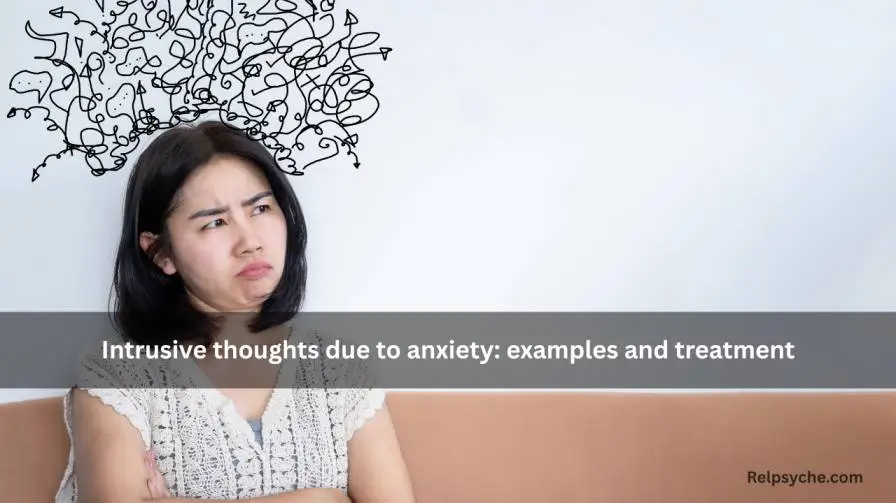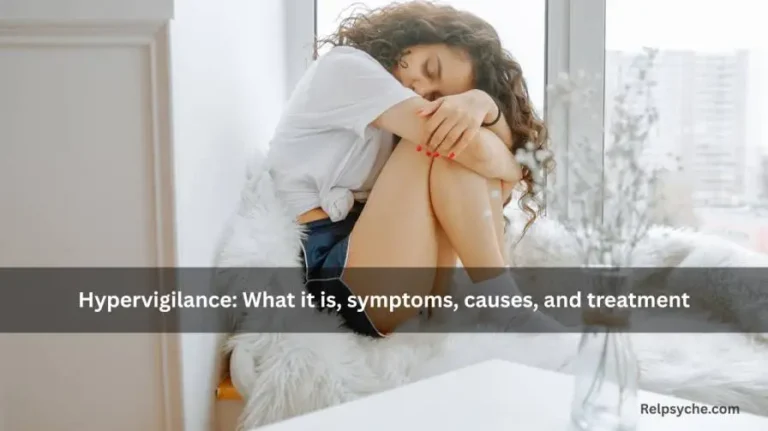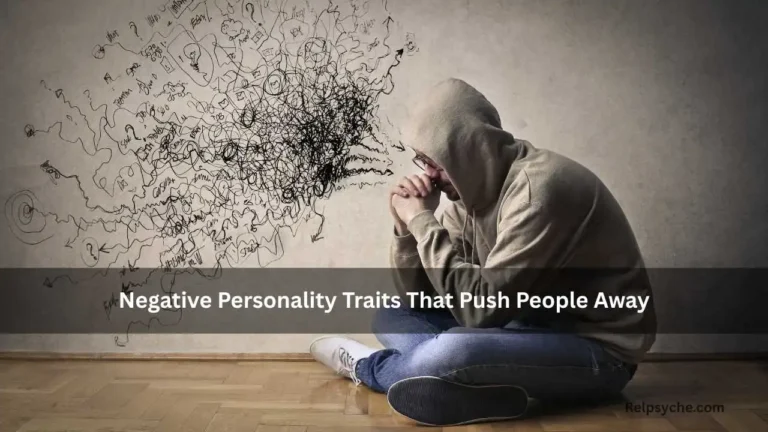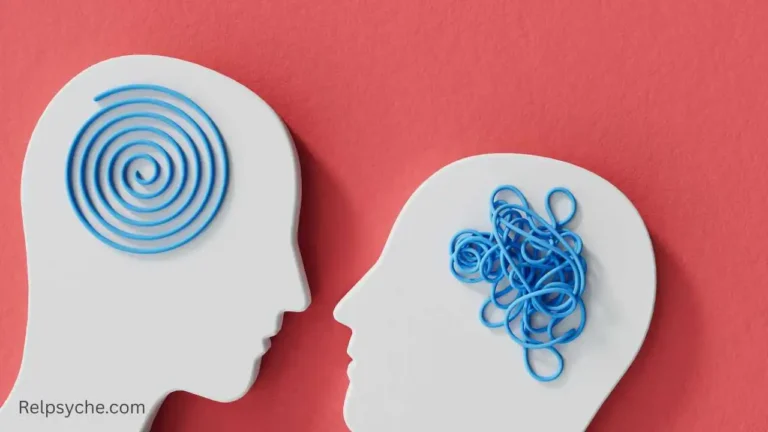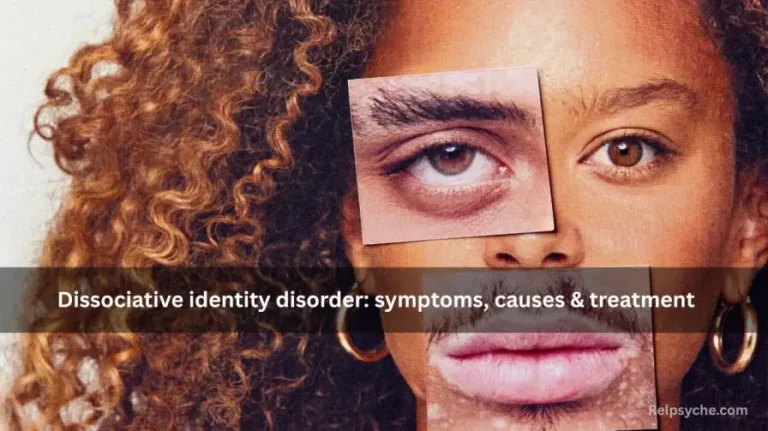Intrusive thoughts due to anxiety: examples and treatment
Sometimes, no matter how hard you try, you can’t stop thinking about something that’s distressing. An image, idea, or possibility repeats itself in your mind like a constant echo, generating discomfort, doubt, or even fear. These thoughts aren’t always logical or under your control, but their impact can be very real. These are called intrusive thoughts due to anxiety, and they can make you feel trapped in a mental spiral that’s hard to escape.
It’s normal for them to appear in times of stress, insecurity, or emotional exhaustion. They often present as repetitive questions like “what if something bad happens?”, disturbing images, or feelings that something isn’t right, even if there’s no clear cause. Although most people experience them at some point, when they become persistent, they can affect their quality of life.
Table of Contents
What are intrusive thoughts due to anxiety?
When you live with anxiety, your mind can feel like a noisy, restless place. Unwanted and uncomfortable thoughts suddenly appear, often without logic or control. These intrusive thoughts due to anxiety may feel foreign or even frightening, but they affect you as though they were real. Uninvited thoughts suddenly appear, thoughts that don’t fit with what you want to think, and that make you uncomfortable or afraid. These thoughts are called intrusive because they creep in without warning, without your consent, and are often loaded with distressing content . They may feel strange, even alien, but they affect you as if they were deeply real.
Intrusive thoughts can take many forms, from disturbing images to repetitive doubts, catastrophic thoughts, obsessive ideas, or even phrases that repeat themselves over and over again. They are often related to feared situations, the possibility of something bad happening, or a feeling that something is out of place. They don’t necessarily reflect your true values, intentions, or desires, and that’s precisely what’s most disconcerting: feeling like your mind is betraying you.
In people with anxiety, these thoughts may appear more frequently or intensely, especially during moments of greater emotional vulnerability. The problem isn’t having them, but rather how you interpret them and react to them. If you believe that having this thought means something terrible about you or about what’s going to happen, you enter a spiral of anxiety that’s difficult to stop.
Understanding that these thoughts aren’t dangerous in themselves, but rather a symptom of anxiety, is the first step toward reducing their power. It’s not about fighting them, but rather learning to view them with distance and without guilt.
How do intrusive thoughts affect your daily life?
When intrusive thoughts due to anxiety become frequent, they act like a hidden weight you carry every day. You may appear fine on the outside, but inside your mind feels constantly restless and exhausted. When intrusive thoughts appear frequently, they can become a silent burden that slowly wears down your emotional well-being. Although many people hide or minimize them out of shame, the truth is that their impact on daily life can be very real. You may continue with your routines, work, study, or go out with friends, but inside, you are constantly dealing with a mind that won’t shut up.
- One of the main effects is mental fatigue. Being focused on what you think, analyzing everything, and constantly trying to figure out if that thought means anything leaves you exhausted.
- It can also cause you to feel guilty or insecure, as if having an unwanted thought makes you bad or weak, which isn’t true. This constant self-criticism can undermine your self-esteem.
- It is also common for you to start avoiding situations, people, or places that you think might trigger those thoughts, which can lead you to isolate yourself or limit your life.
- In some cases, repetitive behaviors such as constantly checking things or seeking reassurance develop in an attempt to calm anxiety, but in reality, they actually fuel it further.
- If you live with intrusive thoughts, you may even have trouble concentrating or enjoying the present, because your attention is hijacked by what’s going on in your head.
It’s important for you to know that you are not alone, that these thoughts don’t define who you are, and that it’s possible to learn to live with greater calm and mental clarity.
Examples of intrusive thoughts related to anxiety
Intrusive thoughts can take many forms, and although they sometimes seem very personal, many people share similar content. Anxiety tends to focus on what matters most to you, which is why thoughts often revolve around sensitive topics like health, relationships, or safety. The important thing is that you don’t choose to have these thoughts; they just appear.
Some common examples of intrusive thoughts due to anxiety include:
- “What if I lose control and hurt someone?” Even if you don’t intend to, that thought can creep in and linger, generating fear or self-loathing.
- “What if I have a serious illness and don’t know it?” This type of thinking leads to a cycle of searching for medical information, visiting the doctor, or hypervigilance for any symptoms.
- “What if I don’t really love my partner?” , even when you’re doing well in the relationship.
- “What if all this isn’t real?” Existential thoughts create a feeling of disconnection from reality.
- “I’ve made a fool of myself,” or “I’m sure they think badly of me .” These are common thoughts. in people with social anxiety, even when there’s no evidence of it. The same goes for thoughts that make you repeatedly review what you’ve said or done.
These thoughts aren’t signs that you’re losing your mind, but rather expressions of your anxiety. What matters isn’t the literal meaning, but rather how they affect you emotionally and how you can learn to manage them with kindness and without fear.
How to treat intrusive thoughts due to anxiety?
Dealing with intrusive thoughts can be very distressing, especially when you feel you can’t control them or when they say something negative about you. However, the first step in treating them is understanding that you are not what you think. These thoughts don’t define your identity or your intentions; they are merely a manifestation of anxiety.
One of the most effective approaches is to accept the thought without judgment, rather than trying to eliminate it. The more you fight a thought, the more powerful it seems. However, if you observe it from a distance, like a passing cloud, it gradually loses its power. Mindfulness techniques can help you develop this attitude of non-attached observation.
It’s also helpful to identify the patterns your mind follows. When do these thoughts usually appear? What emotions accompany them? Sometimes, simply recognizing that you’re anxious or tired can help you understand why your mind is more active.
In psychology, cognitive restructuring, a technique used in cognitive behavioral therapy, allows you to question the veracity and usefulness of these thoughts, replacing them with more balanced interpretations.
Finally, if these thoughts are seriously interfering with your daily life, it may be advisable to consult a mental health professional. Psychological therapy offers very effective tools for reducing anxiety, improving self-compassion, and restoring your well-being. Asking for help doesn’t make you weak, but rather courageous.
Managing intrusive thoughts due to anxiety is not about fighting them but changing your relationship with them. Helpful strategies include:
- Acceptance without judgment: Let thoughts pass like clouds instead of battling them.
- Mindfulness: Staying present helps you watch thoughts without attaching meaning.
- Cognitive restructuring (CBT): Challenging and reframing distorted thinking patterns.
- Identifying triggers: Noticing when and why thoughts appear reduces their hold.
- Professional help: Therapy can teach tools to manage anxiety, reduce guilt, and improve self-compassion.
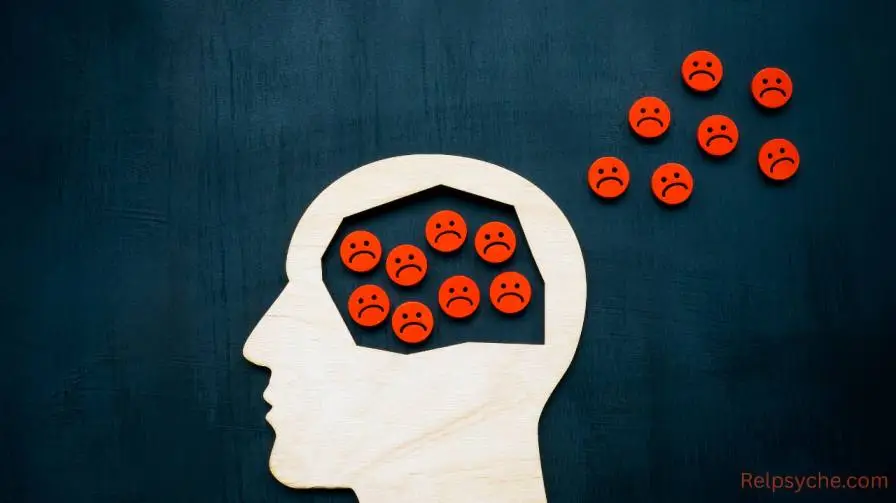
Conclusion
Intrusive thoughts due to anxiety can feel overwhelming, frightening, and exhausting, but it’s important to remember they are not a reflection of who you are. These thoughts are simply a symptom of anxiety, not proof of danger or bad intentions. By learning to observe them without judgment, practicing mindfulness, restructuring your thinking patterns, and seeking therapy if needed, you can greatly reduce their impact.
Healing takes patience and kindness toward yourself. With the right tools and support, it is possible to calm your mind, regain control, and enjoy life without being trapped in a cycle of constant worry. Remember—you are not alone, and intrusive thoughts do not define you.
Ready to take the next step in your personal growth? Explore expert services — from therapy to life coaching — available on Fiverr.
If you want to read more articles similar to Intrusive thoughts due to anxiety: examples and treatment, You Need to know that we recommend that you enter our Psychology category.
FAQs
1. Are intrusive thoughts normal?
Yes, intrusive thoughts are very common and almost everyone experiences them at some point. They can be strange or upsetting, but having them doesn’t mean there’s something wrong with you. They only become a concern when they are persistent, distressing, or interfere with your daily life.
2. Do intrusive thoughts mean I want to act on them?
No, intrusive thoughts don’t reflect your true desires or values. In fact, the very reason they cause fear is because they go against what you believe in. Having these thoughts does not mean you will act on them—it only means your mind is anxious and overactive.
3. Can intrusive thoughts go away on their own?
Sometimes, intrusive thoughts fade when stress levels drop or when your focus shifts to healthier activities. However, if anxiety is strong, they may stick around longer. Learning coping strategies like mindfulness and therapy can speed up recovery and prevent them from becoming overwhelming.
4. When should I seek professional help for intrusive thoughts?
You should seek help if intrusive thoughts cause intense distress, lead you to avoid daily activities, affect your sleep, or lower your quality of life. A therapist can teach you practical ways to manage them and reduce anxiety. Reaching out for support is a sign of strength, not weakness.
5. How can I manage intrusive thoughts in daily life?
Some helpful strategies include practicing mindfulness, writing down your thoughts to gain perspective, exercising, and limiting reassurance-seeking behaviors. Developing healthy routines and self-care habits can also lower anxiety and give your mind more balance. Over time, this makes intrusive thoughts less powerful and easier to handle.
References
- American Psychiatric Association. (2013). Diagnostic and Statistical Manual of Mental Disorders (5th ed.). Arlington, VA: American Psychiatric Publishing.
- Clark, D. A., & Beck, A. T. (2010). Cognitive Therapy of Anxiety Disorders: Science and Practice. Guilford Press.
- Rachman, S. (1997). A cognitive theory of obsessions. Behaviour Research and Therapy, 35(9), 793–802.
- Abramowitz, J. S., McKay, D., & Storch, E. A. (2017). The Wiley Handbook of Obsessive Compulsive Disorders. Wiley-Blackwell.
- Arnáez, S., García‐Soriano, G., López‐Santiago, J., and Belloch, A. (2020). Illness-related intrusive thoughts and illness anxiety disorder. Psychology and Psychotherapy Theory Research and Practice , 94 (1), 63–80. https://doi.org/10.1111/papt.12267
- Foa, E.B., & Kozak, M.J. (1986). Emotional processing of fear: Exposure to corrective information. Psychological Bulletin , 99 (1), 20–35. https://doi.org/10.1037/0033-2909.99.1.20
- Schmitz, TW, Correia, MM, Ferreira, CS, Prescot, AP, and Anderson, MC (2017). Hippocampal GABA enables inhibitory control over unwanted thoughts. Nature Communications , 8 (1). https://doi.org/10.1038/s41467-017-00956-z

I’m Emma Johnson, a psychologist who loves to write and share ideas.
I enjoy making psychology simple so everyone can understand and use it in daily life.
If you’d like to talk, ask questions, or work together, feel free to reach out.
Let’s learn and grow in the world of psychology together!

